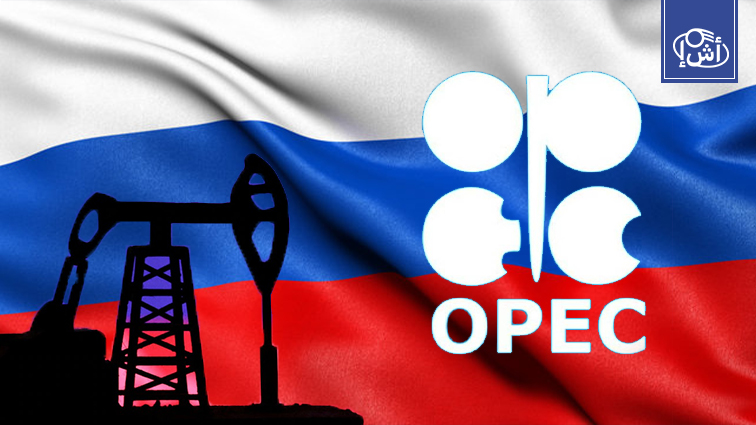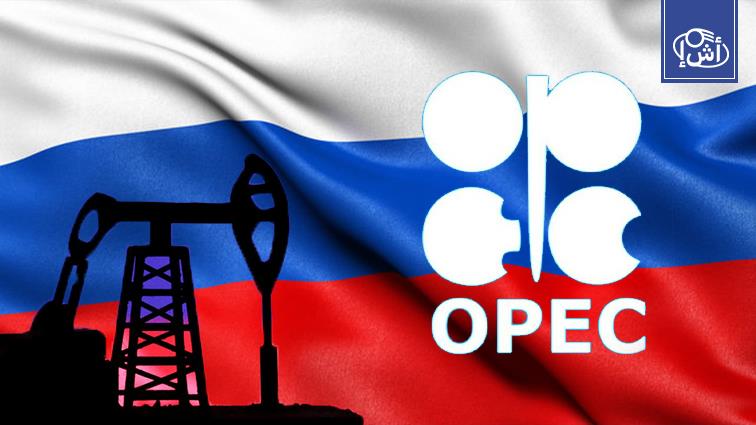
Oil Rebounds Amid OPEC+ Tension And Russian Sanctions Risk

Oil prices moved higher on Thursday as the market reacted to fresh signals of tightening supply and geopolitical risks that dampen prospects for aggressive output growth. Brent crude rose to around $65.70 per barrel, while U. S. West Texas Intermediate climbed above $62.00.
Markets had been under pressure earlier in the week after crude dropped nearly 7 percent across three sessions, largely driven by expectations that OPEC+ would return idled barrels to the market. The shift in momentum comes as fresh data and policy signals raise doubts about how much supply relief can actually materialise.
U. S. government figures show a drawdown in crude inventories, a counterpoint to weakening demand in refined products. That draws support from worries that Russian crude exports may face further constraints under tightening sanctions, a development that could offset new production elsewhere. The G7's push to target entities involved in sanction circumvention has added to uncertainty about Russian supply flow.
The OPEC+ Joint Ministerial Monitoring Committee convened virtually and emphasised the need for full compliance with existing cuts, noting that some members have exceeded quotas. With no official authority to impose output mandates, the panel can only call for meetings or issue warnings. Nevertheless, its posture suggests internal tension within the alliance ahead of a full OPEC+ meeting scheduled for this weekend.
Analysts now expect that OPEC+ will approve a modest rise of about 140,000 barrels per day in November, though some sources say the group may push for up to 500,000 bpd additional output over several months, depending on market absorption. Meanwhile, the group has consistently underdelivered on expected output increases, producing about 75 percent of planned volumes since April, due to capacity and compliance challenges.
See also KKR Takes Minority Stake in Abu Dhabi Gas Pipeline NetworkOn the demand side, uncertainty looms over the U. S. economy amid a government funding impasse, triggering concerns about consumption and industrial activity. Asia, a key growth engine for fuel demand, has signalled weakening industrial output, contributing to downward pressure.
Oil's short-term trajectory appears to hinge on the outcome of the OPEC+ meeting, the discipline of member nations, and the evolution of Russian export constraints. Price dynamics over the remainder of the week will likely hinge on clarity on those fronts.
Notice an issue? Arabian Post strives to deliver the most accurate and reliable information to its readers. If you believe you have identified an error or inconsistency in this article, please don't hesitate to contact our editorial team at editor[at]thearabianpost[dot]com . We are committed to promptly addressing any concerns and ensuring the highest level of journalistic integrity. Legal Disclaimer:
MENAFN provides the
information “as is” without warranty of any kind. We do not accept
any responsibility or liability for the accuracy, content, images,
videos, licenses, completeness, legality, or reliability of the information
contained in this article. If you have any complaints or copyright
issues related to this article, kindly contact the provider above.


















Comments
No comment